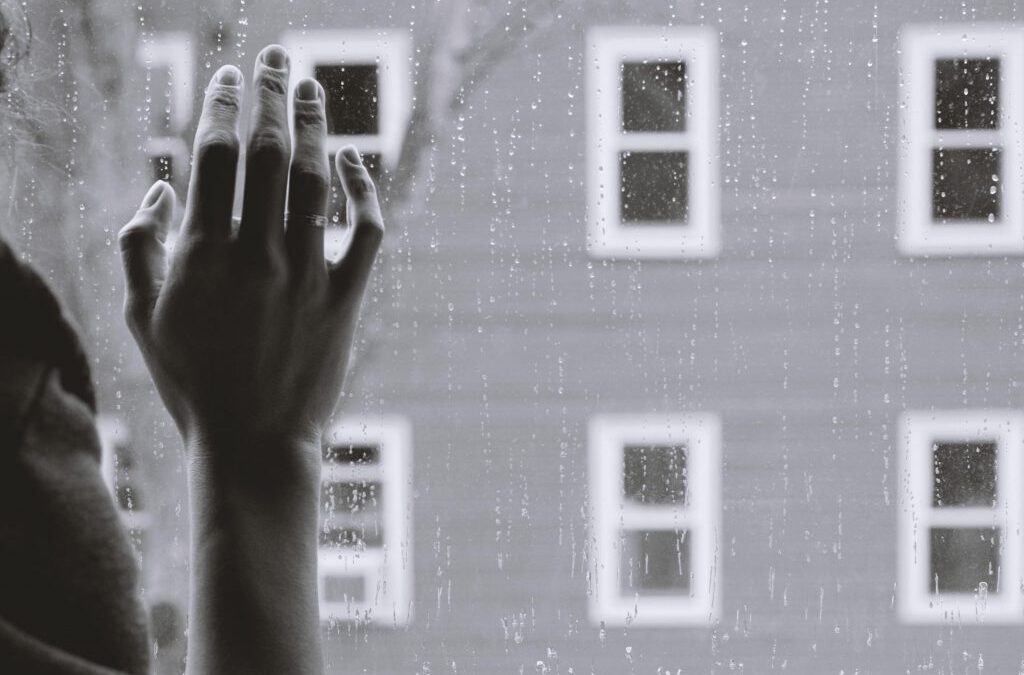Hiding from myself
Growing up, when something was wrong, I felt it in every part of my body. At times it was overwhelming and crushed my soul.
Other times, I lost my voice and felt a deafening come over me. Then there were less painful moments when I was able to escape through dreams and fantasies. I didn’t have t he words to describe what was taking place in my family; all I knew was that I was scared. No one ever took the time to talk me through childhood traumas.
he words to describe what was taking place in my family; all I knew was that I was scared. No one ever took the time to talk me through childhood traumas.
Instead, they became a part of me, the part I learned to hide and mask in public. In learning to conceal my anguish, I also learned to close off other realms of myself.
During that time, I believed that mental health was something you controlled rather than managed.
In search of wellness
The subject of mental health never came up in my family. Perhaps behind closed doors, there were chats about shame, guilt, remorse, and resentment, but none I witnessed.
As I grew older, I began to have my own bouts of rage. My emotions became overwhelming and flooded my every thought. Unable to communicate my struggles, I felt trapped. I had lost control in my family’s eyes and become combative, adding more shame to the enduring changes.
In those moments, I just wanted someone to tell me that what I felt inside was real, that I wasn’t crazy, that my pain was valid, but that never happened.
I was expected to go on pretending and praying for strength. Through prayer, I was encouraged to ask for peace and forgiveness. This push toward my religion further made me feel like I needed to fix myself. Something was wrong with me and my relationship with God.
Feeling unsupported by my parents, I turned to my older sister. She shared that she had been seeing a therapist, finally opening another option for the shame I had been carrying.
[Related: Mental health: Overcoming the stigma of mental illness]

Finding my voice
I have always struggled to express myself, a result of my years of silence. I didn’t think anything of it until I found myself in a therapist’s office, not having the words to express my immense anger, disappointment, and pain.
My journey required that I look inward to find my voice. I did this through art, healing what ailed, and slowly finding the words to express myself.
For so long, I hid my attendance, specifically from my parents. I feared that if they found out, it would mean that they had done something wrong — I would be affirming that there was something wrong with me. One more thing to hide. I just couldn’t.
When I told my mom, it was as if she didn’t hear me. She had no response, no reaction, and ignored my words as if doing so would void the fact that I was struggling with depression and suicidal ideation.
The silence hurt, it always hurt; again I felt unseen. Later, I realized that my mother was only doing what she knew to be right. She had learned from her mother to not talk about the pain inside as a way to cope. With all that she had suffered, withdrawal was the only way she survived. Knowing this allowed me to open my heart and teach her how to heal and do much more than survive.


